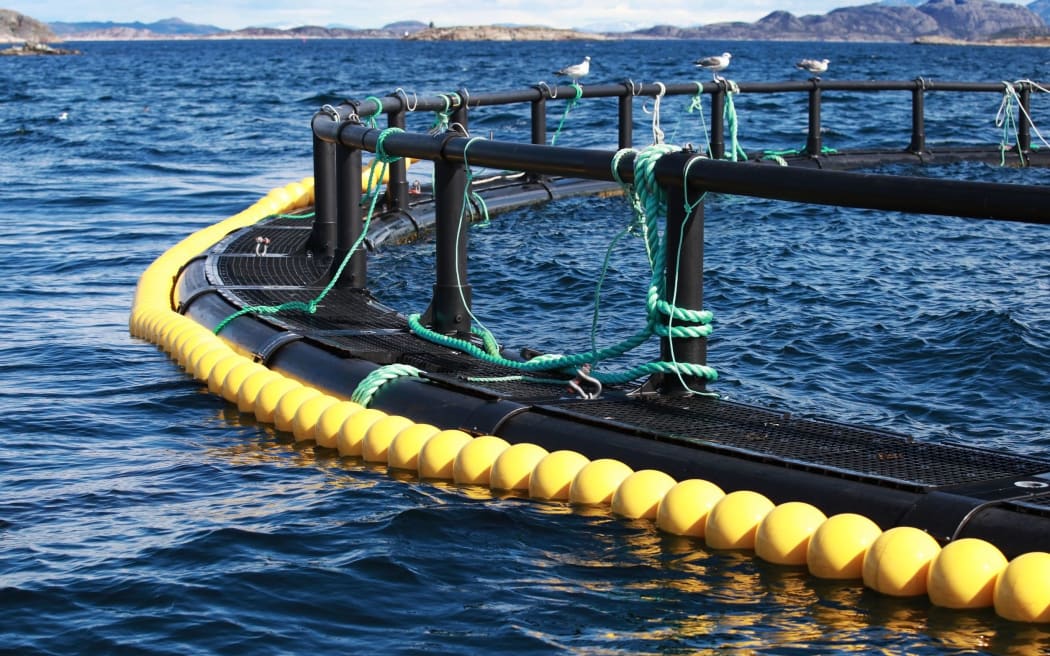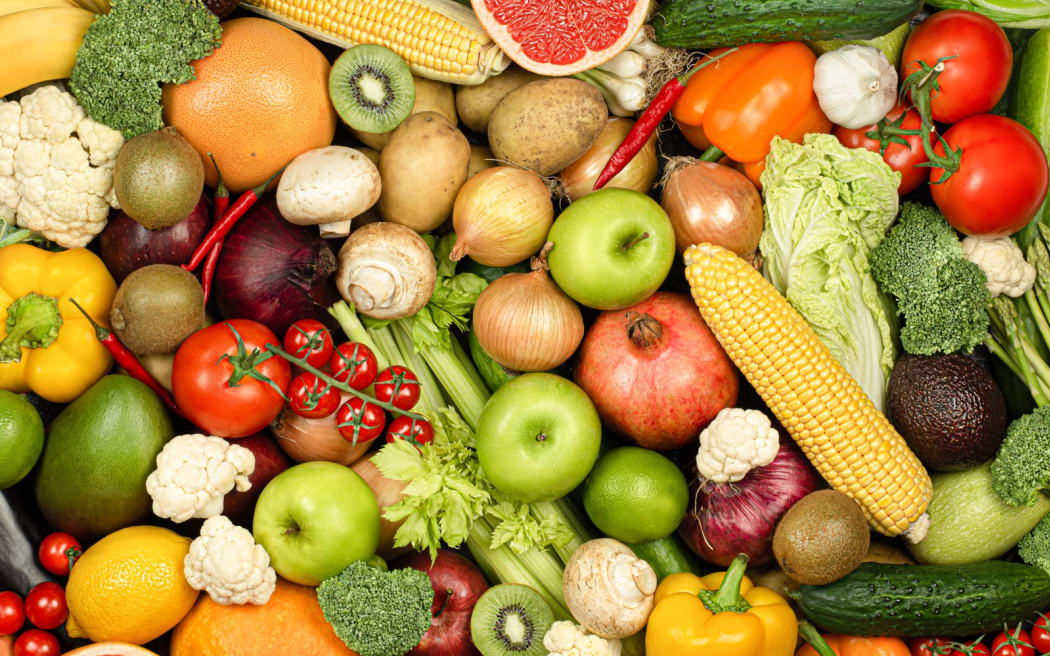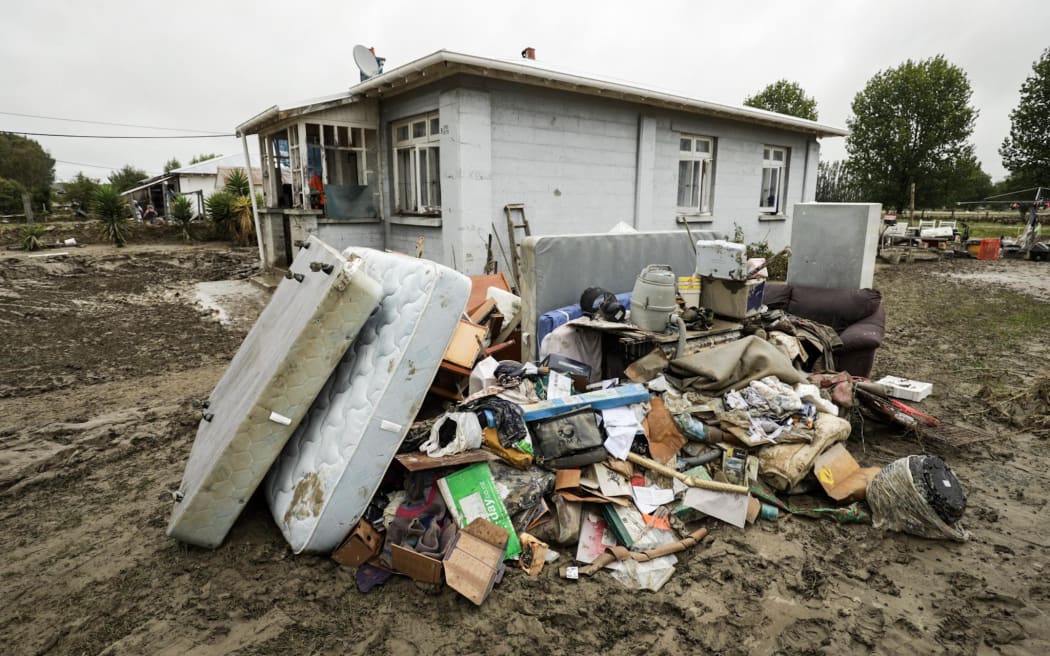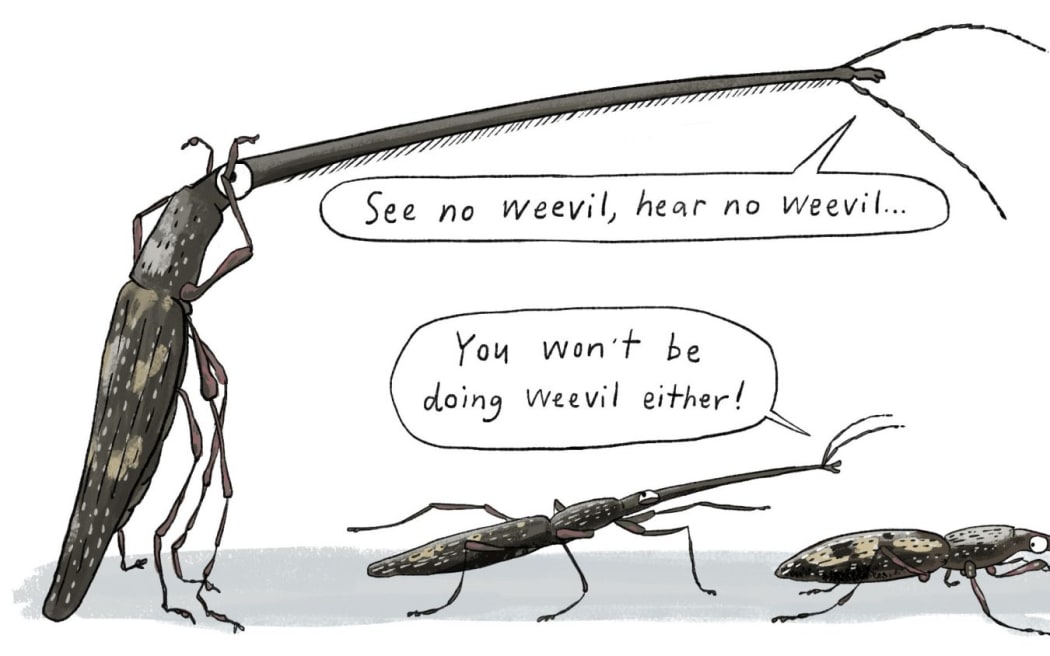Every weekday, The Detail makes sense of the big news stories.
This week, uncovering maternal mental health, how New Zealand can capitalise on its newly-gained football fever, the potential to exponentially grow fish farming alongside our sheep and beef markets, a closer look at the GST debate, and the future of insurance in the era of high-risk climate change.
Whakarongo mai to any episodes you might have missed.
Why don't we talk about postnatal depression?
Maternal mental health is in the spotlight thanks to the Lauren Dickason murder trial.
And as awful as the vehicle for it is, it's about time we talked about it.

Photo:
Along with periods, endometriosis and menopause, postpartum depression is an issue that for too long has been hidden under the cloak of women's health issues.
Dr Felicia Low, who leads Koi Tū's Knowledge Hub for Maternal and Child Health at the University of Auckland, takes The Detail's Alexia Russell through the medical and social factors surrounding postnatal depression, and AUT criminal law academic Kris Gledhill spells out what infanticide means in a legal context.
Capitalising on New Zealand's football fever
Did we ever expect the FIFA Women's World Cup to be this big?

Photo: Photosport
Record-breaking crowds and more than 665,000 tickets sold to 28 matches hosted in four cities across the country. About a third of us have tuned into the games on television. It's the biggest sporting event New Zealand's ever hosted.
How do we keep the FIFA momentum going?
Tom Kitchin speaks to RNZ's First Up host and sports presenter Nathan Rarere, sport equity expert Alida Shanks, and Auckland Tātaki Unlimited programme director Santha Brown.
Is fish the new farming frontier for New Zealand?
The government's got an ambitious target to make aquaculture a $3 billion-a-year industry by 2035.

Aquaculture could yield huge benefits in job creation and export markets, but red flags are often raised over schemes' potential for pollution and ecosystem havoc. Photo: 123rf.com
But it can be difficult balancing the need to diversify the economy and create new jobs with the potential environmental impacts of proposed projects. Two recent proposals for big off-shore fish farms have been either shot down or seriously restricted.
Tom Kitchin speaks to Newsroom senior political reporter Marc Daalder and RNZ In Depth journalist Farah Hancock, as well as Raewyn Peart, policy director of the Environmental Defence Society and author of a report on aquaculture.
"There's an acknowledgement that New Zealand has a lot of this ocean area, that we are quite good at fishing and agricultural and primary industry innovation," Daalder says.
"We have an opportunity here to build it up: it's lower carbon in many ways than the other forms of protein that we produce – your beef, your lamb – and it also can sometimes be a bit more climate resilient."
Off or on? The debate over GST on fruit and veg
It's not the first time we've debated the merits of GST, but this time the arguments over removing it from fruit and vegetables are much more fervent.

Fruit and vegatables. Photo: 123RF
One of the tax experts who's spoken out against Labour's policy, Victoria University's Professor Lisa Marriott has a theory for that: it coincides with the high inflation and cost of living crisis.
"It's never really been something that people have taken a lot of notice of, I think mostly because nobody ever really thought it would ever actually be considered as a serious policy option," she tells The Detail.
Sharon Brettkelly breaks down the GST debacle with Marriott and Professor Alan Duncan of the Curtin Economics Centre in Perth to hear how the policy has shaken out in Australia.
The future will be riskier – how will insurance keep up?
Six months after the multi-billion-dollar devastation wrought by Cyclone Gabrielle and the Auckland anniversary weekend floods, there's another storm brewing.
If insurance gets too expensive for most households to afford, and another big disaster strikes, who's going to foot the bill?

A damaged house in Wairoa Photo: Nathan McKinnon
Sarah Robson speaks to Stuff money editor Susan Edmunds and University of Auckland associate professor of law Chris Nicoll about the twin pressures of rising insurance costs and the near-certainty of more climate-fueled natural disasters.
Nicoll says a bipartisan approach is urgently needed in parliament to decide what types of events will and won't be covered by EQC in future.
"I've heard people talking about, 'Well, they've bought so many houses in Christchurch, and they paid 100 percent... What are they going to do now?' That's a dangerous precedent."
Long Read: Weaponised
This is The Detail's Long Read – one in-depth story read by us every weekend.

A male giraffe weevil can reach 90 millimetres in length, towering over the smaller females. His ridiculously long snout, or rostrum, makes up half of his entire body, and is fringed underneath by a fetching moustache. Photo: Giselle Clarkson / NZ Geographic
This week, it's Weaponised, written by Kate Evans and published in NZ Geographic magazine's July-August issue.
You can read the full story, including illustrations by Giselle Clarkson, by picking up a copy of NZ Geographic magazine, or on the NZ Geographic website.
Evolution is an arms race writ large—nature red in tooth and claw. With each generation, predators and prey refine their aggressive weapons and defensive armour, while males wield increasingly strange appendages in their battles over mating rights.
Check out how to listen to and follow The Detail here.
You can also stay up-to-date by liking us on Facebook or following us on Twitter.

Photo:


